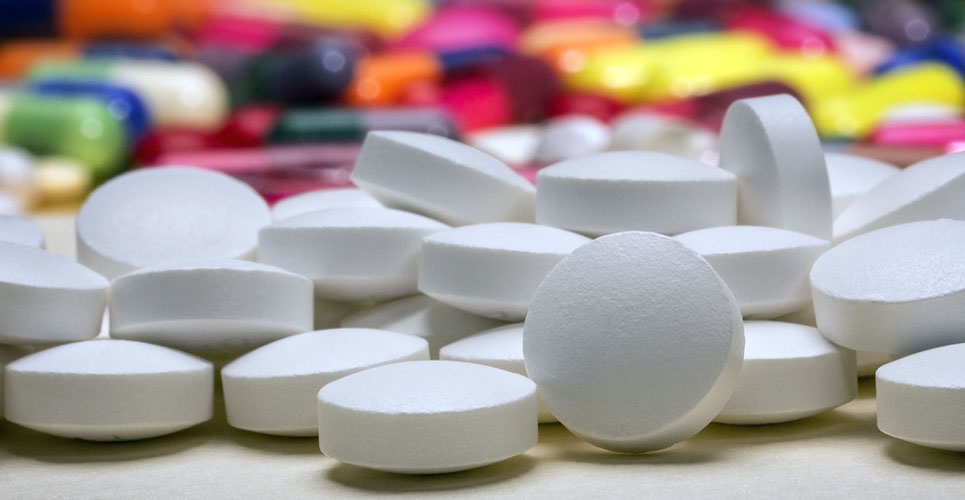The pledge is part of this year’s European Antibiotic Awareness Day (EAAD) campaign, which takes place on Wednesday 18 November. The campaign asks both the public and healthcare professionals to make a personal pledge to become an “Antibiotic Guardian”, help reduce unnecessary use of antibiotics and raise awareness that antibiotics should not be used for coughs and colds.
The pledge is part of this year’s European Antibiotic Awareness Day (EAAD) campaign, which takes place on Wednesday 18 November. The campaign asks both the public and healthcare professionals to make a personal pledge to become an “Antibiotic Guardian”, help reduce unnecessary use of antibiotics and raise awareness that antibiotics should not be used for coughs and colds.
The UK-wide campaign is being led in Scotland by the Scottish Antimicrobial Prescribing Group (SAPG), which is based within the Scottish Medicines Consortium (SMC). Over the past two years Scotland has made significant progress in reducing unnecessary prescriptions for antibiotics in primary care. Improved use of antibiotics in both hospital and community settings have also contributed to Healthcare Associated Infections with 87% reduction in cases of MRSA and 86% reduction in cases of C. difficile in patients over 65 since 2008. However, there is still work to be done.
SAPG project lead Dr Jacqueline Sneddon said: “Many of us take antibiotics we don’t need. Antibiotics don’t work for coughs and colds, but patients still ask for them. And once we have them, we don’t always take them in the way we should: missing doses, not finishing the course, and saving them for future use.
“The idea this might mean antibiotics won’t work in future may sound alarmist, but it’s a very real possibility. When we use antibiotics, the bacteria they were designed to kill can become resistant to them. If we continue as we are doing, this means common infections will become untreatable and preventing infections during routine healthcare like setting broken bones, caesarean sections and chemotherapy will not be possible. It’s happening already in some parts of the world but if we look after antibiotics now, and make sure we only use them when we really need to, then they will continue to work. That’s why we’re asking the people of Scotland to make this pledge.”
“Antibiotics are also widely used in animals so healthcare professionals and vets need to change their practice to use antibiotics only when really needed, but patients and the public also have an important role to play, so make a pledge to take action and help save our antibiotics for future generations.”
A range of pledges for various healthcare professionals and vets can be found at www.antibioticguardian.com, together with pledges for families, pet owners and farmers.
The EAAD campaign will also encourage the public to make their local community pharmacy their first port of call when it comes to dealing with colds and flu.
Dr Sneddon said: “Community pharmacists can advise on the best way to manage the symptoms of commons infections and also suggest when you should see your doctor. Simple measures like taking some rest, drinking plenty of fluids and taking regular paracetamol or ibuprofen for a few days will help you or your child feel better. A useful source of further information about infections in young children is the When should I worry? Booklet.”

